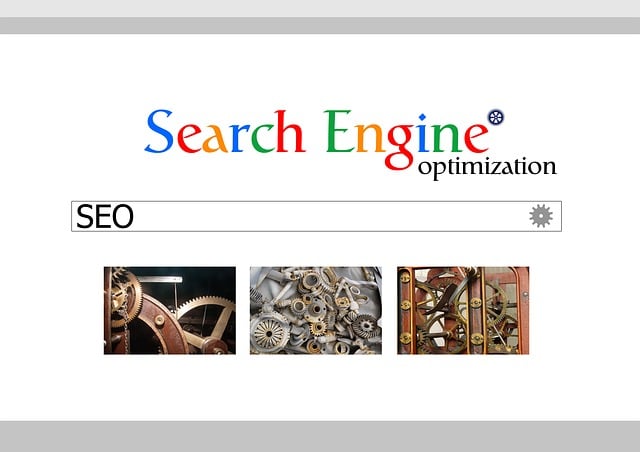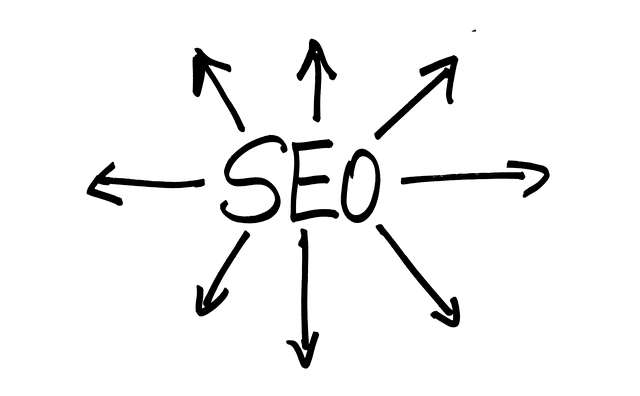Small businesses can significantly boost their online visibility and compete with larger corporations by employing strategic SEO practices tailored to their needs. The best SEO services prioritize cost-effective strategies like local search optimization, keyword research (using free tools and professional ones like SEMrush or Ahrefs), and on-page optimizations. By focusing on niche keywords, creating quality content, leveraging local listings, and staying updated through tracking and analysis (using tools like Google Analytics), small businesses can attract their target audience, build a strong online brand identity, and achieve long-term growth. Professional SEO agencies or freelancers guide them through this process, ensuring optimal ROI and improved website rankings.
Small businesses seeking to thrive online need effective, yet cost-effective SEO strategies. This guide navigates the essential components of search engine optimization tailored for tight budgets. From understanding unique small business SEO needs to leveraging local search and implementing off-page techniques, we offer practical, budget-friendly approaches. Discover how to optimize on-page elements, track performance, and select the best SEO services without breaking the bank. Implement these strategies to attract nearby customers and elevate your online visibility.
Understanding Small Business SEO Needs

Small businesses face unique challenges when it comes to Search Engine Optimization (SEO). They often have limited budgets and resources, yet they need to compete with larger corporations for online visibility. The best SEO services for small businesses understand this dynamic and offer tailored strategies that are both cost-effective and highly efficient. These services recognize that local search optimization, keyword research, and on-page optimizations are crucial for driving targeted traffic without breaking the bank.
By focusing on niche keywords, creating high-quality content, and leveraging local listings, small businesses can significantly improve their online presence. Reputable SEO agencies or freelancers specializing in small business SEO can guide them through this process, ensuring that every step is optimized to deliver the best return on investment (ROI). This approach not only boosts website rankings but also fosters long-term growth by attracting the right audience and establishing a strong online brand identity.
Budget-Friendly Keyword Research Strategies

Small businesses often have limited resources, so leveraging budget-friendly keyword research strategies is essential to outsmarting competitors and securing high rankings on search engines like Google. Instead of investing heavily in expensive tools or agencies (which are often recommended as the best SEO services for small businesses), start by utilizing free or low-cost alternatives. For instance, Google Trends offers insights into search volume and trends without any cost, while Ubersuggest provides keyword ideas and analytics at no charge. These tools allow business owners to uncover relevant keywords with moderate effort and minimal financial commitment.
Additionally, exploring long-tail keywords can significantly enhance your SEO efforts without breaking the bank. Long-tail keywords are more specific and often have less competition, making them easier to rank for. Tools like SEMrush or Ahrefs (while not free) offer extensive keyword research capabilities, including long-tail keyword suggestions. By implementing these strategies, small businesses can effectively compete in their niche markets and attract organic traffic without overspending on SEO services.
Optimizing On-Page Elements for Maximum Impact

Optimizing on-page elements is a crucial step in enhancing your website’s visibility, and it’s an area where many small businesses can make significant improvements with minimal investment. The best SEO services for small businesses understand the power of well-crafted content, relevant keywords, and structured data. By focusing on these on-page factors, you ensure that your site provides a clear signal to search engines about what your business is all about.
Start by conducting thorough keyword research to identify terms potential customers are using when searching for products or services like yours. Incorporate these keywords naturally into your website’s content, including titles, headings, meta descriptions, and body text. Additionally, optimizing images with alt tags not only improves accessibility but also helps search engines understand the visual elements of your site. These simple yet effective strategies can significantly boost your online presence without breaking the bank.
Leveraging Local SEO to Attract Nearby Customers

Local SEO is a powerful tool for small businesses looking to attract nearby customers, especially in today’s digital age where consumers often turn to their devices for local recommendations. By optimizing your online presence for local search, you can ensure that your business appears at the top of search results when potential customers search for products or services in your area. This involves claiming and verifying your Google Business Profile, ensuring consistent NAP (Name, Address, Phone number) information across all online directories, and incorporating location-based keywords into your content strategy.
Leveraging best SEO services tailored for small businesses can significantly enhance these efforts. These services often include comprehensive keyword research to identify high-value local keywords, on-page optimization to make your website more appealing to local search algorithms, and off-page strategies like earning quality backlinks from local, reputable sources. By implementing these tactics, small businesses can outrank larger competitors and capture a significant share of the local market, driving more relevant traffic and sales.
Effective Off-Page SEO Techniques on a Shoestring

Small businesses looking to boost their online presence on a budget can still achieve significant results with off-page SEO strategies. Unlike on-page optimization, which focuses on website content and structure, off-page SEO involves activities outside your site. The key is to leverage high-quality, relevant backlinks from reputable sources. One effective technique is guest blogging, where business owners contribute articles to popular industry blogs or websites. This not only exposes your brand to a new audience but also establishes your expertise, leading to more organic traffic and improved search rankings.
Another powerful off-page tactic is social media engagement. Actively participating in relevant online communities and groups can drive referral traffic back to your site. Share valuable content, engage with potential customers, and build relationships—all while subtly promoting your business. Additionally, local businesses can benefit from strategic partnerships with complementary non-competing local companies. Collaborating on joint projects or cross-promotion campaigns can earn backlinks and enhance local search visibility without breaking the bank. These techniques, when executed thoughtfully, offer cost-effective ways for small businesses to compete in the digital landscape and outshine their competitors among the best SEO services tailored for their size.
Tracking and Analyzing Your SEO Performance

Tracking and analyzing your SEO performance is a crucial step in understanding what’s working and what needs improvement. Using tools provided by search engines like Google Analytics, you can monitor key metrics such as website traffic, bounce rates, and conversion rates. These insights will help you gauge the effectiveness of your best SEO services for small businesses. For instance, tracking organic search rankings for targeted keywords allows you to see if your efforts are moving the needle in terms of visibility and online presence.
Regular analysis enables you to make data-driven decisions about future strategies. Identify high-performing content and optimize similar pages to maintain and enhance your search engine rankings. Conversely, pages with low performance should be reevaluated, possibly requiring a complete overhaul or a shift in focus to more relevant keywords. This continuous monitoring ensures that your small business stays on top of SEO trends and adapts to the ever-changing digital landscape.
